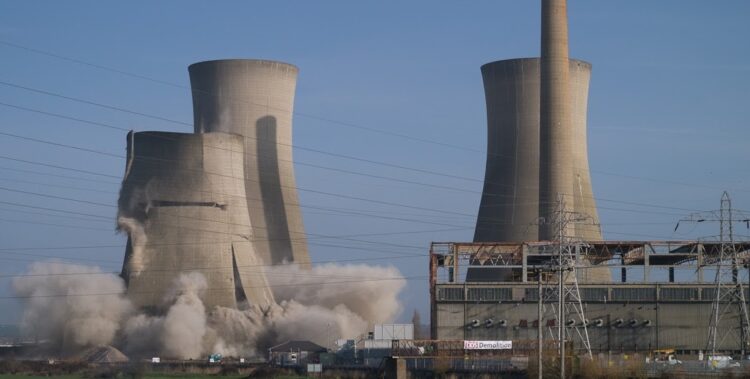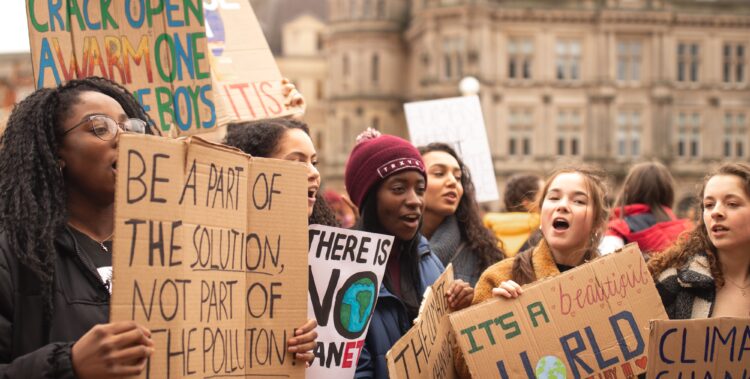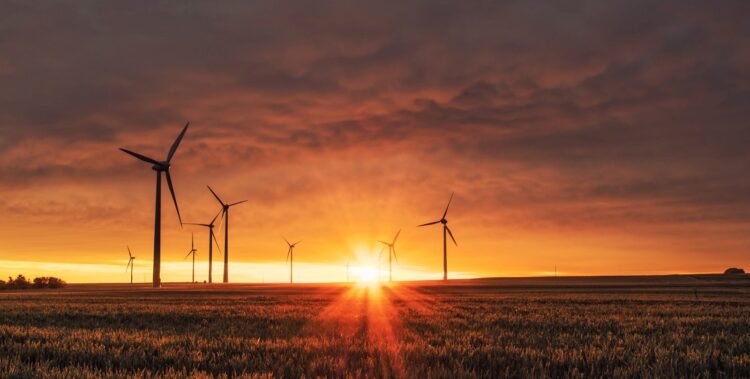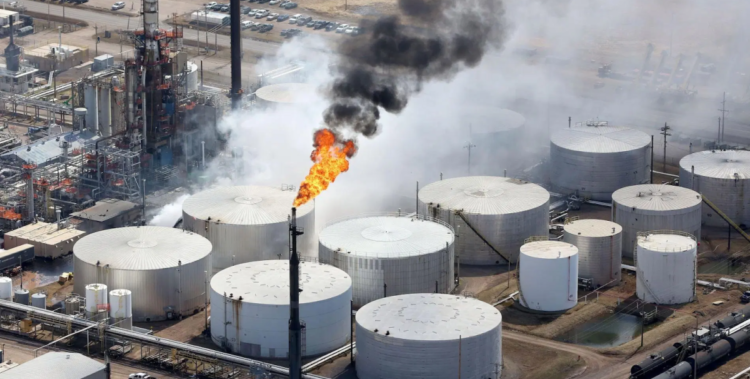
From the SCCER to SWEET – Past, present and future of energy research at ETH Zurich
On 14.10.2021 by Gianfranco Guidati, Christian SchaffnerAfter the Fukushima disaster, the Swiss Federation decided to boost energy research in support of the Energy Strategy 2050. Its primary goal was to replace nuclear electricity generation with renewables while maintaining a secure and affordable energy supply. This research was organized by Innosuisse within the eight Swiss Competence Centers for Energy Research (SCCER), which came to an end in 2020. Insights from the SCCER have formed the basis for intensified research in the field of energy from 2021 onwards. The new research programme SWiss Energy research for the Energy Transition (SWEET) launched by the Swiss Federal Office of Energy, will take on the challenging and exciting task of carrying forward this research as Switzerland works toward net-zero greenhouse gas (GHG) emissions by 2050. While the SCCERs focused on specific aspects of the energy transition (e.g. grids, heat, supply of electricity), the focus of the SWEET programme is on integrating all these aspects with a holistic and systemic approach. Read More

福島から10年後 – When institutional incumbents hinder energy transitions: Japan’s energy story
On 29.03.2021 by Bessie NollBessie is a PhD student in the Energy Politics Group at ETH Zurich studying the transport transition. As part of a mid-PhD internship with the Schweizerische Energie-Stiftung (SES), she travelled to Japan in January 2021 to research and report on the 10-year anniversary of the Fukushima disaster of 2011. A more detailed reporting as part of the SES project can be found here. Read More

Coal phase-out: Conflictive but unavoidable
On 12.06.2020 by jmarkard@ethz.chPhasing-out carbon-intensive technologies and business models is a key element for deep decarbonization. Coal is a prime candidate for phase-out and we cannot waste any time. However, every industry decline creates conflicts. Overcoming these conflicts is the key to success. Read More

Climate and energy policy after COVID-19
On 18.05.2020 by Massimo FilippiniThe health emergency caused by COVID-19 has taught us that we are all vulnerable, albeit unequally (geographically, generationally, socio-economically and psycho-socially) to global crises, that the political world and civil society can quickly adapt to a common threat, both with drastic and timely regulations and with recommendations. We have learned that prevention and cooperation at the international level, between civil society and the political world, are essential to limit the damage. These lessons should make us understand that the political agenda on climate change needs also to be strengthened, not weakened. Read More

Out of Sight, Out of Mind: Pathways to achieve Net-Zero Carbon Shipping
On 05.05.2020 by Christina NakhleThe time has come to implement the “pollutant pays” principle, set clear emission reduction targets and competitive incentives to enable the decarbonization of the “backbone of our economy”. Read More

The long way ahead for the energy transition
On 22.04.2020 by Viktoras KulionisConcerns about the consequences of excessive global warming have increased interest in the energy transition. General belief is that the energy transition has been the dominant factor of the increased use of renewable energy. However, only few countries/regions show evidence of an actual energy transition. At the global level, its relevance is short of non-existent when you do the math. Read More

COVID-19 stimulus packages represent a critical juncture for climate policy
On 02.04.2020 by Nicolas SchmidGovernments around the world have implemented strong, science-based measures against the spread of COVID-19, ranging from border closures to the lockdown of approximately one-third of the world population. As a result, economic activity of most sectors and countries abruptly and strongly decreased. To prevent a global economic and social crisis, governments around the world have proposed massive stimulus programs. Read More

Concrete – the building material of a 1.5°C world?
On 22.12.2019 by Johannes TiefenthalerBridges, tunnels, buildings – concrete plays a key role in our daily life. How is it manufactured? Can it be recycled? What is its climate impact? Read on and you’ll find out how we can decarbonize concrete. Read More

Natural gas: a bridge fuel to nowhere
On 20.10.2019 by Ivalin PetkovWhy we have already ‘crossed the bridge’, necessitating a phase-out and heavy divestment from natural gas. The solutions are reliable, cost-competitive, and ready – decarbonized renewable energy sources with storage. Read More
Archives
- June 2024
- May 2024
- April 2024
- January 2024
- December 2023
- October 2023
- August 2023
- July 2023
- June 2023
- May 2023
- April 2023
- March 2023
- February 2023
- December 2022
- November 2022
- October 2022
- September 2022
- July 2022
- May 2022
- April 2022
- March 2022
- February 2022
- January 2022
- December 2021
- November 2021
- October 2021
- July 2021
- June 2021
- May 2021
- April 2021
- March 2021
- February 2021
- January 2021
- December 2020
- November 2020
- October 2020
- September 2020
- July 2020
- June 2020
- May 2020
- April 2020
- February 2020
- January 2020
- December 2019
- November 2019
- October 2019
- September 2019
Calendar
| M | T | W | T | F | S | S |
|---|---|---|---|---|---|---|
| 1 | 2 | 3 | 4 | 5 | 6 | |
| 7 | 8 | 9 | 10 | 11 | 12 | 13 |
| 14 | 15 | 16 | 17 | 18 | 19 | 20 |
| 21 | 22 | 23 | 24 | 25 | 26 | 27 |
| 28 | 29 | 30 | ||||
Categories
- Buildings
- Buildings
- Carbon Removal
- Carbon Removal
- Climate Change
- Climate Change
- Consumer Behavior
- Consumer Behavior
- Economics & Policy
- Electricity
- Electricity
- Energy Efficiency
- Energy Efficiency
- Energy Supply
- Energy Supply
- Heating
- Heating
- Industry decarbonization
- Mobility
- Renewable Energy
- Smart Energy
- Smart Energy
- Society
- Society
- Storage
- Transportation
- Transportation
- Uncategorized
